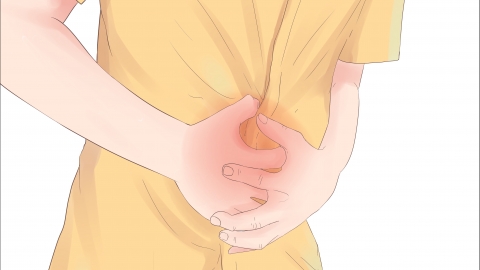Can gastrointestinal bleeding cause blood in the stool?
Generally, whether gastric bleeding leads to hematochezia depends on the amount and speed of the bleeding. When there is minor and slow bleeding from the stomach, hematochezia typically does not occur. However, if the bleeding is heavy and rapid, hematochezia may appear. It is recommended to seek medical attention promptly and receive treatment under a doctor's guidance. Detailed analysis is as follows:

If the amount of gastric bleeding is small and the blood remains in the gastrointestinal tract for a prolonged period, it will be digested and then excreted with feces, typically resulting in black or tarry stools rather than obvious hematochezia. In such cases, patients may also experience mild upper abdominal discomfort, acid reflux, and similar symptoms.
When gastric bleeding is significant and rapid, the blood does not have sufficient time to be fully digested and may be expelled with feces in a bright red or dark red form, causing hematochezia. At this time, patients may also experience hematemesis, palpitations, dizziness, and other symptoms.
To avoid more serious health problems caused by gastric bleeding, individuals with underlying gastric diseases should maintain regular dietary habits, avoid spicy, hard, or irritating foods, quit smoking and alcohol consumption, and reduce irritation to the gastric mucosa in daily life.






